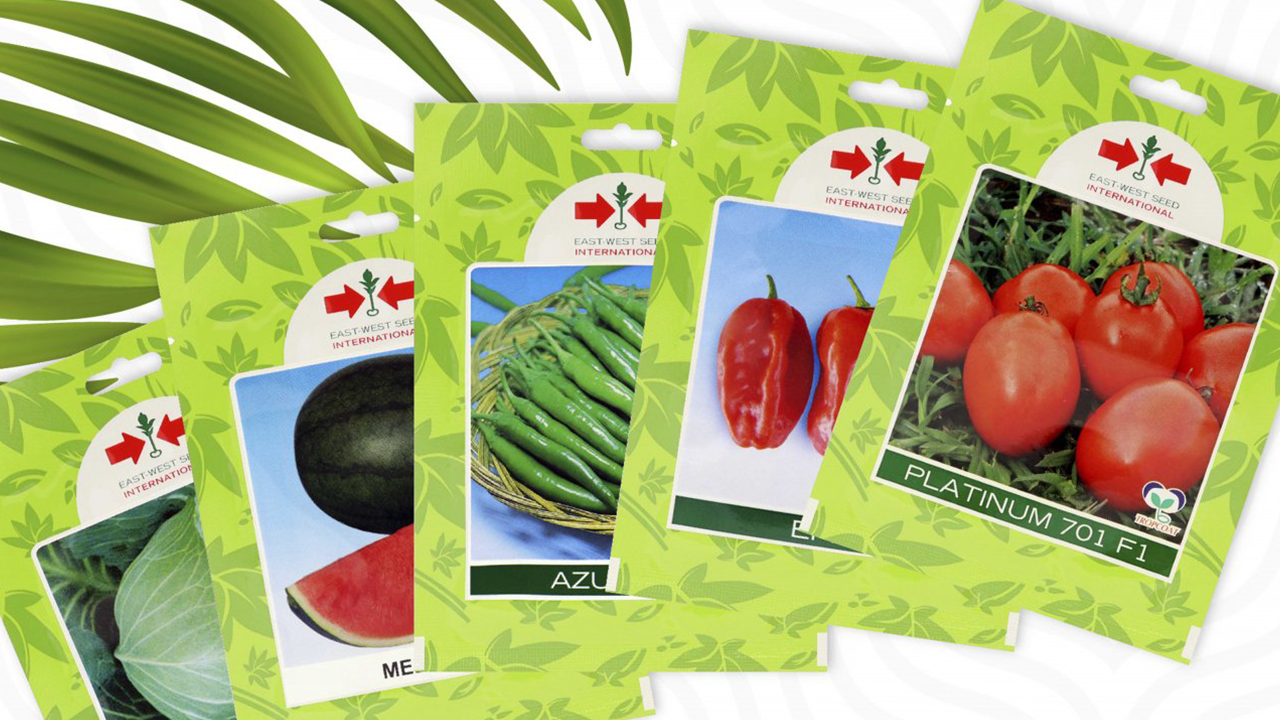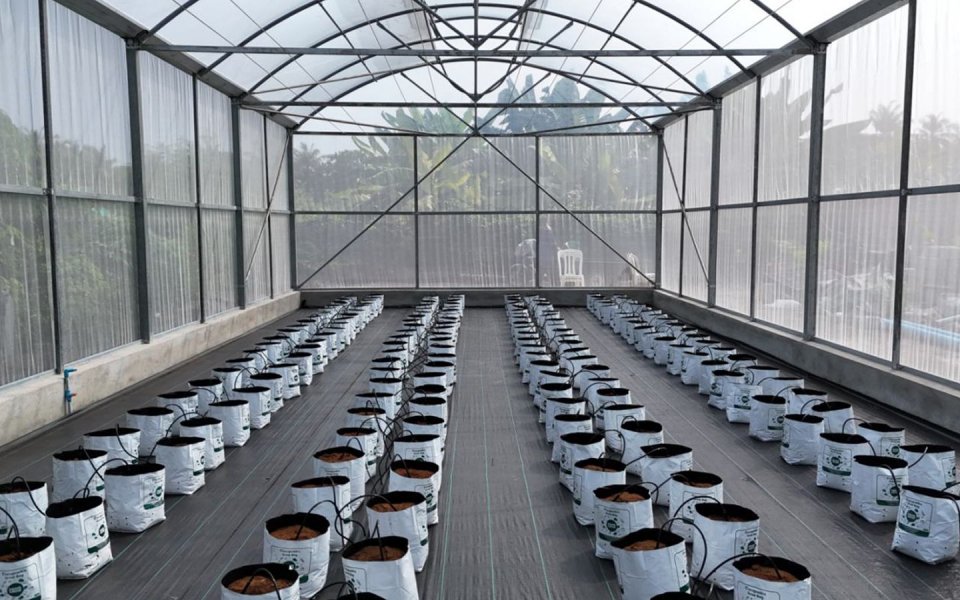
Choosing the right seeds is crucial for any successful gardening or farming endeavor. The quality of the seeds you choose can have a significant impact on the health and productivity of your plants.
High-quality seeds have a much higher germination rate than lower-quality seeds. This means that more of the seeds you plant will successfully sprout and grow into healthy plants. When you choose low-quality seeds, you're risking a lower germination rate, which can lead to wasted time, effort, and money.
When you choose high-quality seeds, you're giving your plants the best possible chance to produce a bountiful yield. High-quality seeds are more likely to grow into healthy, robust plants that can withstand disease and environmental stressors. This means you'll get more produce for your efforts, leading to a more successful and profitable harvest.
High-quality seeds are often bred to be disease-resistant, meaning that they are less likely to succumb to common plant diseases. This is especially important in farming, where disease can quickly spread and decimate an entire crop. Choosing high-quality seeds with built-in disease resistance can help protect your crops and prevent costly losses.
High-quality seeds often have a longer shelf life than lower-quality seeds. This means that you can store them for longer periods of time without worrying about the seeds losing their viability. This is especially important for farmers who need to store seeds for planting in future growing seasons.
In conclusion, choosing high-quality seeds is crucial for any successful gardening or farming operation. With higher germination rates, better yields, disease resistance, and longer shelf lives, high-quality seeds are a wise investment that can pay off in the long run. So, whether you're a small-scale gardener or a large-scale farmer, it's important to choose the best possible seeds for your needs.




